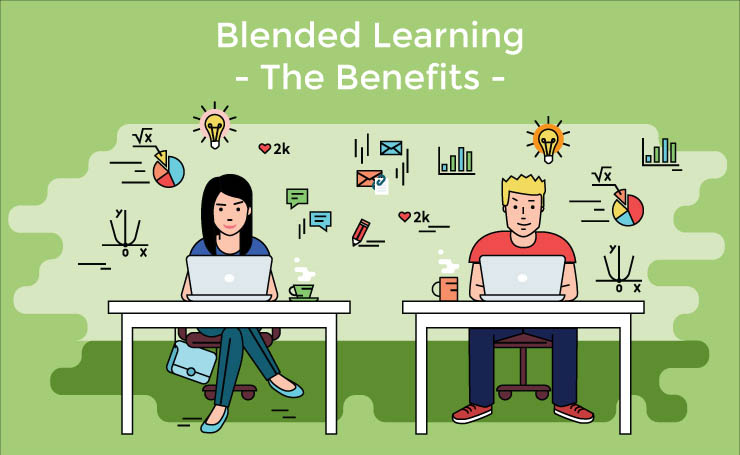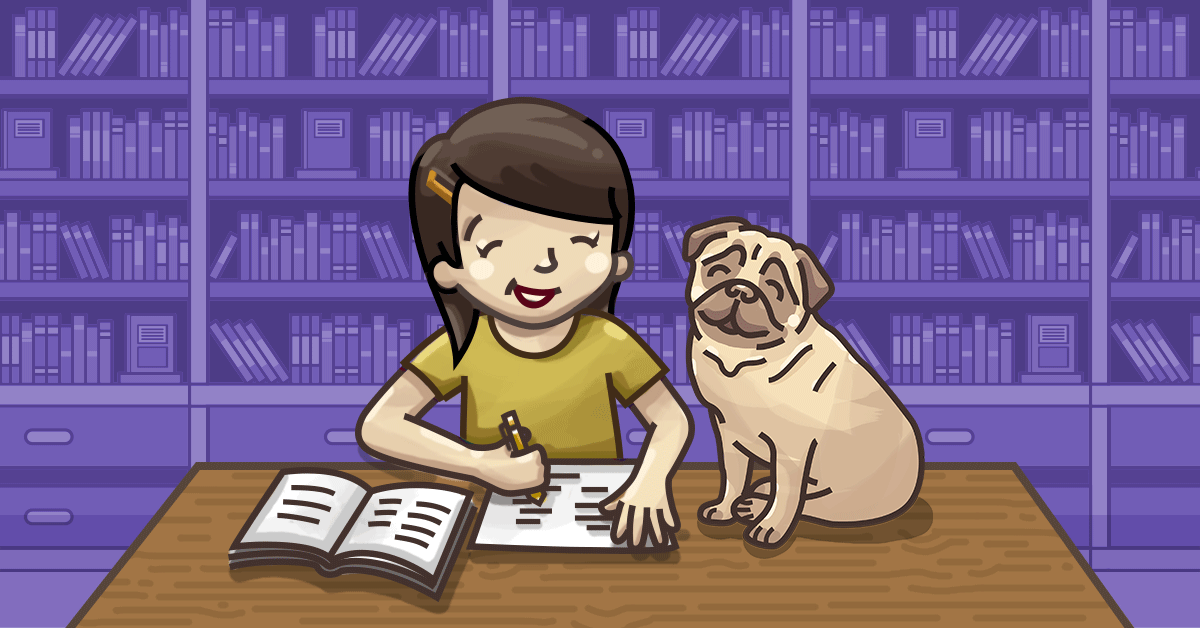
Let’s face it – everyone struggles with math. Some will struggle more so than others and some will have mastered quantum physics by the time they’re eight years old. Majority of the time, these students need personalized learning, either through discovering methods that will help them digest the information or having a one-on-one tutor. When it comes to the basics, though, it’s nearly impossible to get it wrong. If there are two apples on the table, your brain knows that there are two apples, not three, on the table. However, there are some who will look at the apples and think, “Huh. There are apples on the table.” If you ask them how many, they can’t tell you. The number simply does not compute. Numbers are just symbols without any meaning to them. This is just an example of how someone with dyscalculia will view the world.
Dyscalculia is a learning disability related to math. It impedes an individual’s understanding and manipulation of numbers, performance of calculations, and figuring out math-related facts. Many believe that dyscalculia can coexist with other learning disabilities like ADHD or dyslexia, but it’s possible to have this condition by itself.
Other than troubles with math, an individual with dyscalculia will struggle with reading analog clocks, determining which numbers are larger, linking numbers to their numerical symbols, performing addition, subtraction, division, or multiplication, and budgeting time properly. For children, some signs can include having difficulty learning or remembering math facts, like basic addition, relying on using fingers instead of using mental math, and being confused about math phrases.

This doesn’t just apply to children, however. Adults with dyscalculia may struggle with using mental math, have poor time management skills, become anxious when asked to perform math or handle money, and have difficulties understanding charts, spreadsheets, and graphs.
Before you self-diagnose yourself, remember that having difficulties with any of the above does not automatically mean you have dyscalculia. Every brain is wired differently and the best way to make sure your poor math skills aren’t the result of bad teachers is to talk to a learning specialist. These professionals have tests that can determine whether or not you have dyscalculia and can provide tips on how to cope with it or help you understand the condition better.
For children, specialists will encourage teachers to work with parents to create IEPs for their children. This can include specialized instruction in a one-on-one setting where the child and instructor can explore different ways to tackle math. A popular method is multisensory instruction, where children will engage with math in different ways, like handling physical money, counting out blocks, writing equations by hand, or hearing number sequences aloud. This will let students make connections to the various dimensions of math, which will let them excel and grow.
Math is a difficult subject for many since it’s just more than numbers – it’s logic and reasoning. By mastering the basics, you won’t hesitate to say that there are two apples on the table, but rather one, because you’ve taken the other one as a reward for a job well done.











